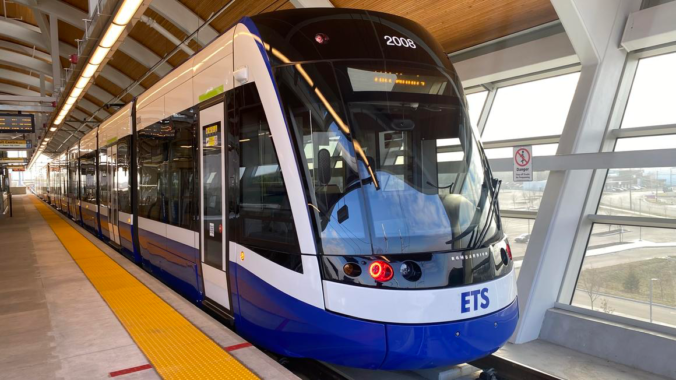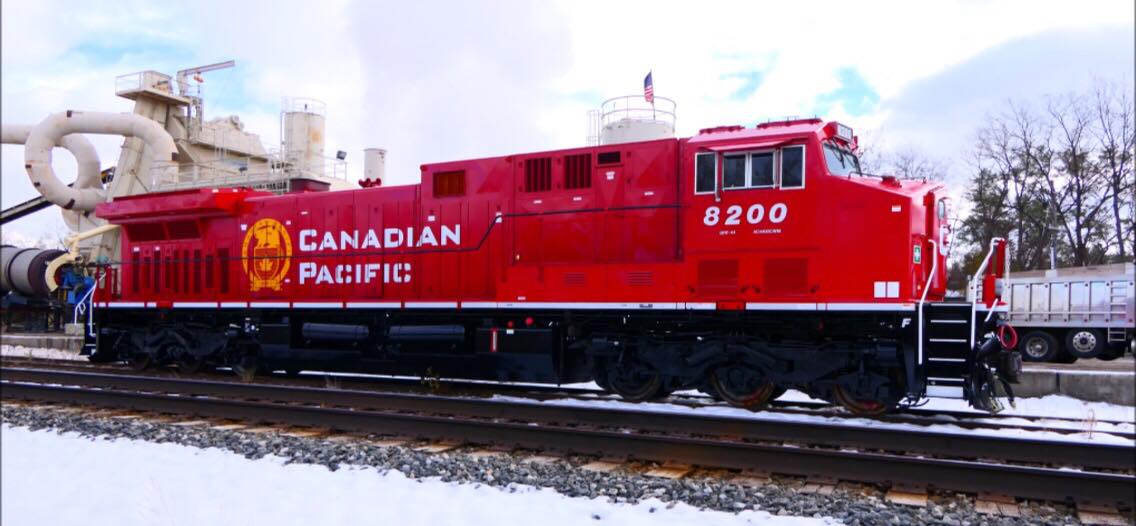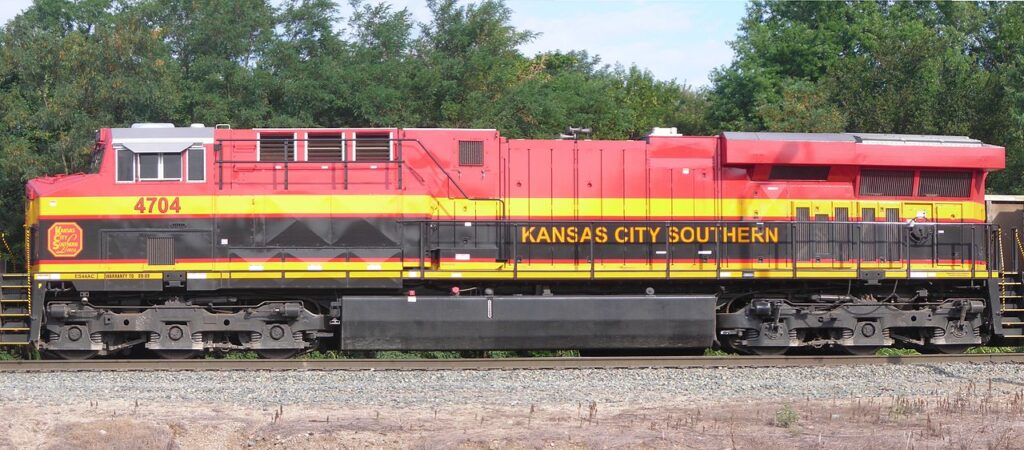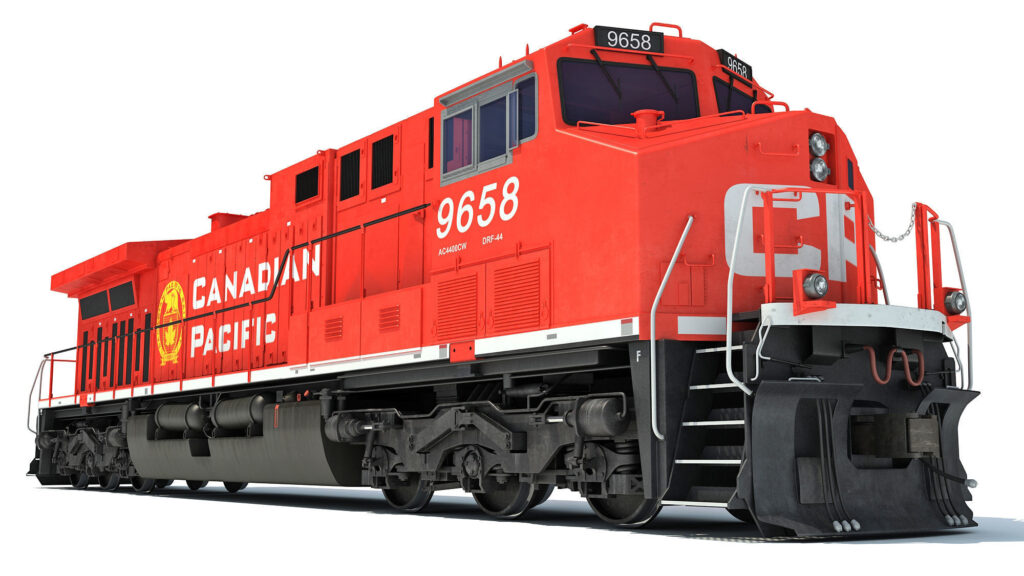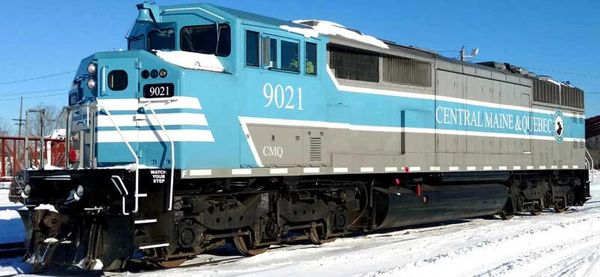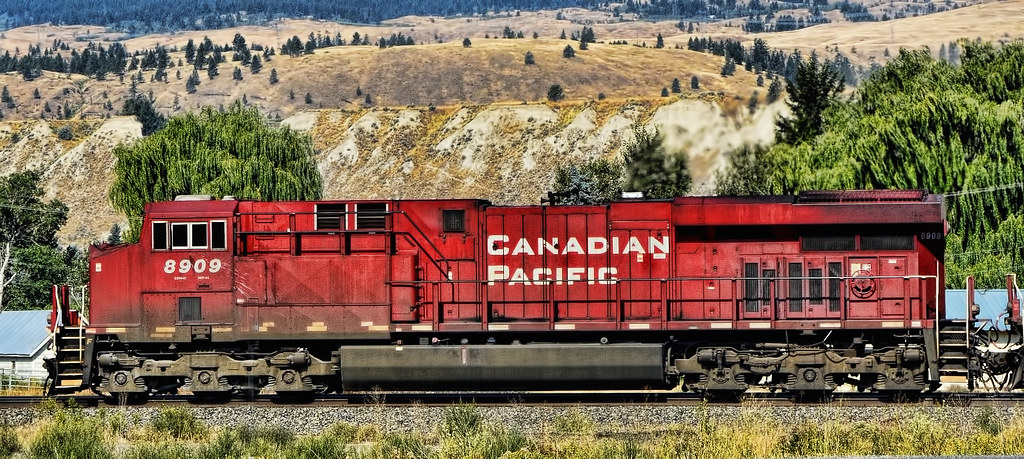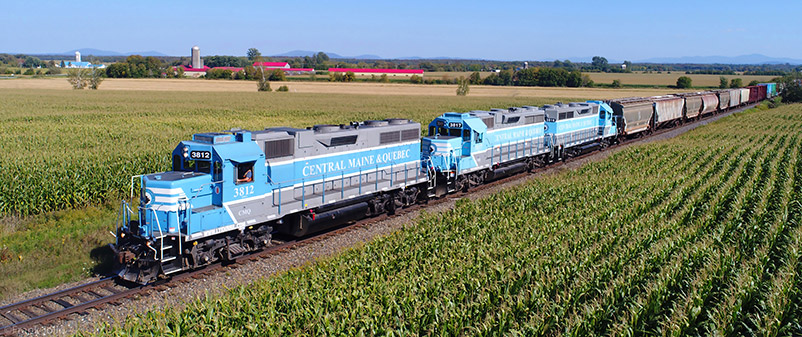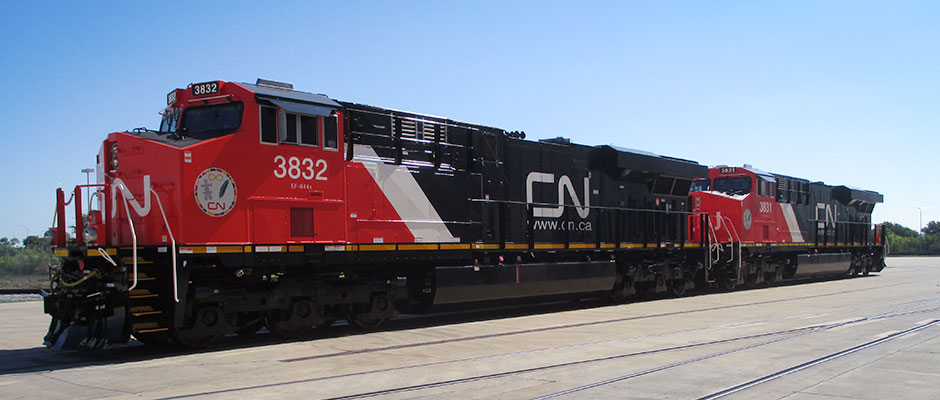November 6, 2023 – Alstom SA (Paris: ALSO), global leader in smart and green mobility, celebrates the November 4 launch of the new Edmonton Valley Line Southeast LRT. This project was delivered by TransEd, a consortium comprised of Alstom, along with Bechtel, EllisDon and Fengate, contributing to the enhanced connectivity of Edmonton’s residents today and for the future. The city is expecting it to serve about 30,000 riders per day.
Under this partnership, Alstom played a pivotal role in the design, supply, installation and testing and commissioning of the LRVs, signalling, communications, power supply and distribution, overhead catenary system, and related depot equipment. This Turnkey project is a Public-Private Partnership (P3) that includes a now completed Design-Build stage, and an operation and maintenance (O&M) commitment extending until 2050.
Alstom also assumes a majority share in the joint venture responsible for the O&M of the system for TransEd. This includes maintaining the complete fleet, tracks, catenary, stations, maintenance facility and all other elements of the system, as well as all aspects of operating the fleet including crew training and dispatching, control room management, customer service and passenger experience. A team of more than 125 experts is devoted to delivering exceptional services to the Edmontonians. Notably, this represents the first LRT system where Alstom is involved in the complete O&M scope of the system.
The 26 Flexity LRVs, each capable of carrying up to 275 passengers along the 13 km system, offer a 100 per cent low-floor design, ensuring easy access and a comfortable ride for all passengers. Step-free boarding is an important part of this enhanced passenger experience for persons with reduced mobility, wheelchairs, mobility aids and strollers.
Alstom takes pride in designing and assembling these vehicles in Canada, creating good-paying Canadian jobs. With 4,500 employees in Canada, including those in Edmonton, Alstom is committed to delivering safe and reliable mobility solutions while actively fostering local supply chains and regional economies.
Forward-Looking Statements
This press release contains forward-looking statements within the meaning of the Private Securities Litigation Reform Act of 1995, including expected delivery dates. Such statements are based on current expectations and projections about our future results, prospects and opportunities and are not guarantees of future performance. Such statements will not be updated unless required by law. Actual results and performance may differ materially from those expressed or forecasted in forward-looking statements due to a number of factors, including those discussed in our filings with the Securities and Exchange Commission.
